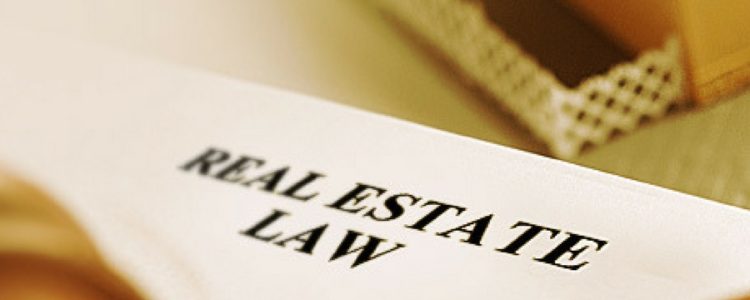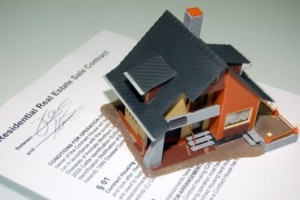LATEST FROM THE BLOG

Liabilities of Buyers and Sellers in Real Estate Transactions
1 - What (if any) are the minimum formalities for the sale and purchase of real estate?
A transfer or deed of land must be accepted in written or electronic form by the applicable land registry office for the purchase and sale of real estate. An agreement of purchase and sale must be in writing to be enforceable. Québec has additional requirements, including for some transactions, an endorsement from a notary.

2 - Is the seller under a duty of disclosure? What matters must be disclosed?
The starting principle in common law jurisdictions is caveat emptor, meaning buyer beware. However, there are many exceptions to this principle which require certain disclosures to be made by a seller.
First, the seller must disclose latent defects in the property that render the property dangerous, a health hazard or unfit for habitation. Latent defects are defects which cannot be discovered upon a reasonable inspection of the property.
Second, environmental contamination must be disclosed by the seller.
Third, caveat emptor does not apply to fraud, and if such fraud is found to exist, a court may impose remedies that do not exist in the contract.
Additionally, there are increased disclosure requirements on developers of condominiums. The civil law regime in Québec imposes certain warranties which pertain to title, encumbrances and compliance with the law. However, these warranties may be excluded or limited by contract.
3 - Can the seller be liable to the buyer for misrepresentation?
Sellers can be liable to buyers for misrepresentation unless representations merge on closing. The liability of the seller and remedies available to the buyer also depend on whether the misrepresentation was innocent, negligent or fraudulent. Remedies that may be available to the buyer include damages and rescission.
Recently, the Supreme Court of Canada recognized a general principle of good faith in contract law, requiring honest and reasonable performance of contractual duties, and a specific duty of honest performance with respect to all contracts in Canada, requiring that parties do not lie or knowingly mislead each other regarding matters directly linked to the performance of the contract.

4 - Do sellers usually give contractual warranties to the buyer? What would be the scope of these? What is the function of warranties (e.g. to apportion risk, to give information)? Are warranties a substitute for the buyer carrying out his own diligence?
Sellers sometimes provide contractual representations and warranties to buyers. In commercial transactions, sellers sometimes sell on an “as is” basis with limited or no representations and warranties. The scope of the warranties provided depends on numerous factors, mainly pertaining to market forces and the bargaining power between the buyer and the seller. They typically relate to the seller’s knowledge of the property, agreements related to the property and matters that cannot be easily discovered by the buyer on its own. For example, a seller will generally provide a representation that all leases, contracts and environmental reports have been provided and that the seller has disclosed outstanding work orders and disputes with tenants.
Representations and warranties are important as they provide information to the
buyer and allocate the risk as between buyer and seller; however, they usually provide a limited amount of information. Thus, representations and warranties are not a substitute for the buyer carrying out its own due diligence. In Québec, as noted in question 2, certain warranties are imposed unless excluded by contract.
5 - Does the seller warrant its ownership in any way? Please give details.
Generally, a seller will warrant that it is the owner of the land and that it has good and marketable title to the land free and clear of all liens and encumbrances, save for those specifically permitted by the agreement of purchase and sale. A warranty of ownership is implied in Québec unless specifically excluded.

6 - What (if any) are the liabilities of the buyer (in addition to paying the sale price)?
In addition to paying the purchase price for the sale of real property, the buyer has additional financial and non-financial obligations. In terms of financial obligations, the buyer will be responsible for land transfer tax and registration fees. In terms of non-financial obligations, the buyer will assume and be bound to perform the covenants and obligations of which they have notice or that run with the land, including mortgages, leases, options and municipal agreements.

Hi, this is a comment.
To delete a comment, just log in and view the post's comments. There you will have the option to edit or delete them.